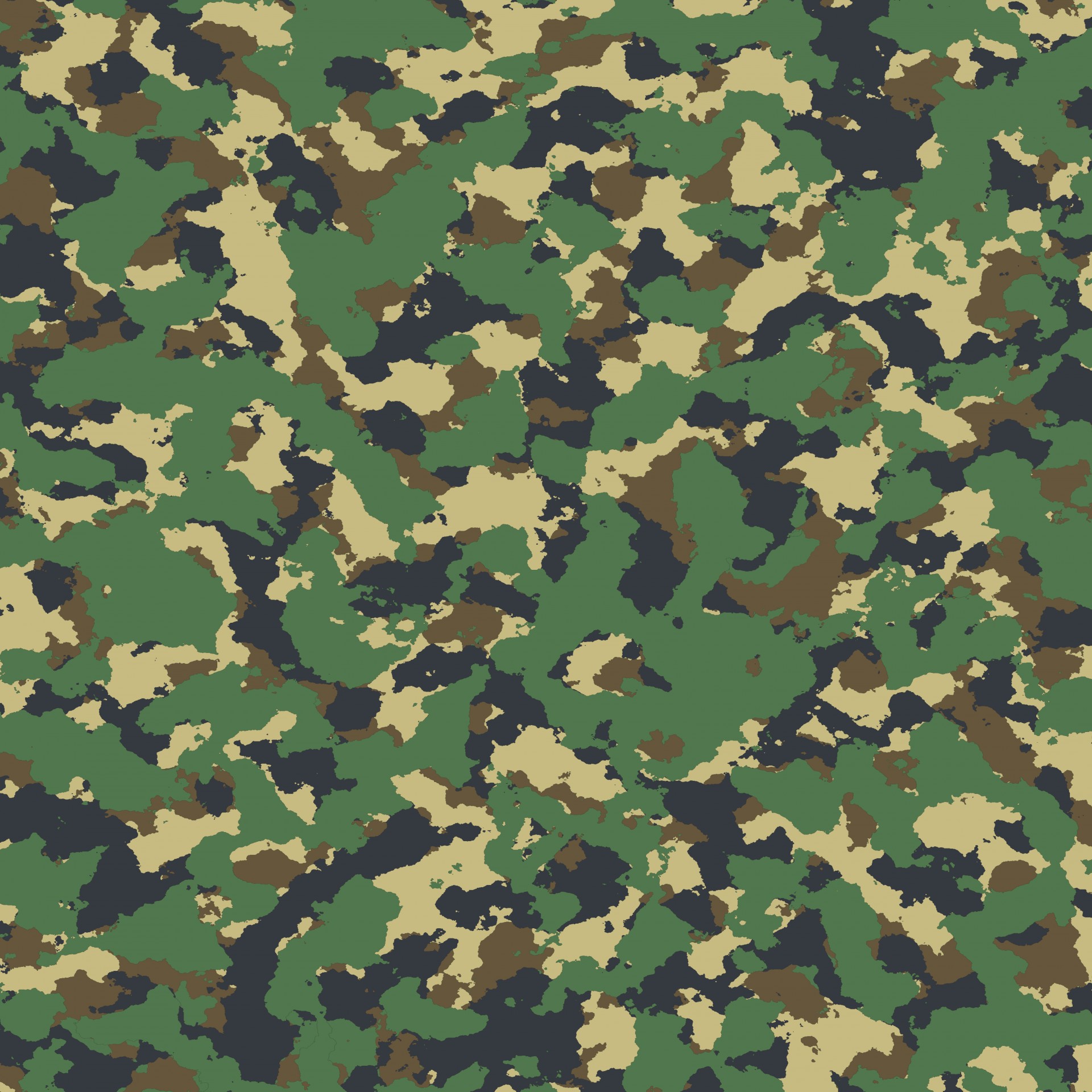"Yes, on both counts. The elements relevant to both are power and - ability, one might say, as well as strength and endurance. Ability works as it does with most things - some people can do more math than others, learn more math than others, learn math more easily than other, but most people can improve to some extent by learning and work. One can also be more talented or more trained in one area than another. Working with magic is the same.
Power is a matter of magnitude. One can only call up as much power at a time as one has. There is a person in history who was said to be able to translocate to the moon, if she wanted. I cannot do that, because that would require more power than I have available. However, both she and I could translocate across your river.
Ah - a common misconception I remember can arise - power is not used up when one uses it, it is a tool not a consumable resource. Though it can be in use in a given moment, or 'exhausted'. Again, could be somewhat compared to your hand.
Strength and endurance can also be compared to the physical ones. Various parts of using magic are strenuous to some extent - calling up high magnitudes of power and using it is more strenuous, some more difficult tasks are more strenuous, opposing other active power is more strenuous, and so on. Some people can apply more to this than others.
Other limits - freeform working is well, freeform, but generally limited in what one can effectively do with it, and comparatively expensive and inefficient - if I called up enough power I could also walk on water for some amount of time, but it would be like, hm, constantly operating a complex array of levers to lift a heavy item all of whose weight you would have to bear the entire time. And it takes comparatively less in a task for the - lever system - to become simply too complex to operate, or for the weight to become to heavy.
Shaped workings, in contrast, have to be invented. Compare, say, finding a method to tie said levers together such that one can pull one string and everything moves as one wishes. Allows more capabilities, but if I don't know how to do it it needs to be invented or I can't. There's all sorts of areas where the situation is a question of 'potentially we cannot do this, but potentially we have not invented the way to do it yet'. There's researchers who work in this, the same as there are researchers who work in non-magical technology.
Constraints we work with include complexity, magnitude of power needed, attributes of the world - 'natural laws' and such -, this requiring of invention and general things about invention such as cost-benefit.
I might be forgetting some limits that are background of the world enough to me that I did not think to mention, please let me know if you have specific ones I might answer about.
And for yours?"

